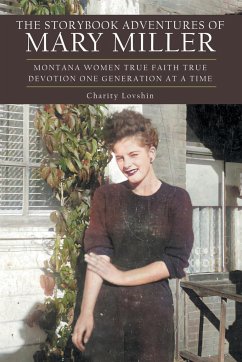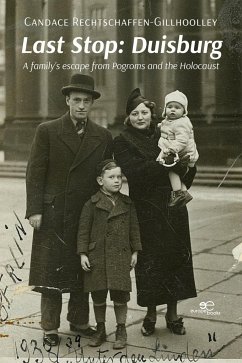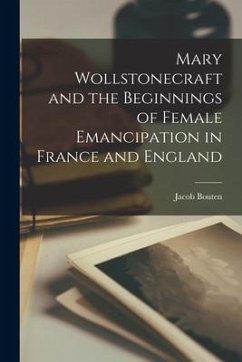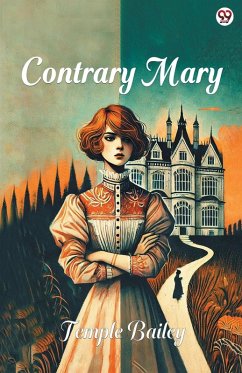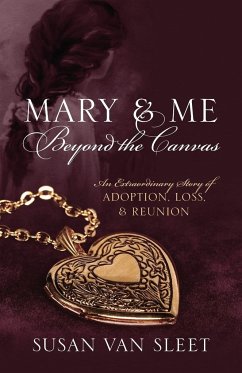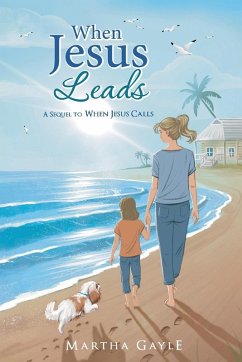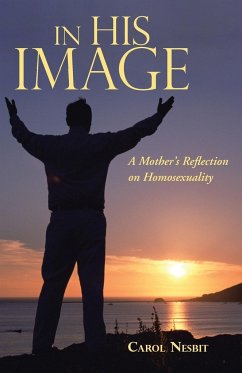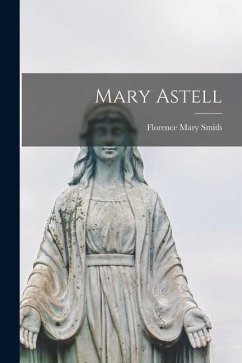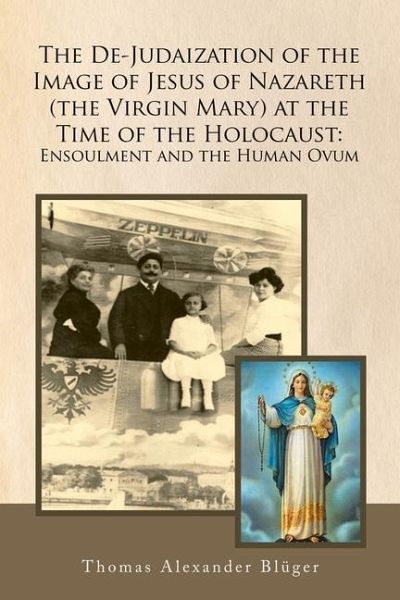
The De-Judaization of the Image of Jesus of Nazareth (The Virgin Mary) at the Time of the Holocaust
Ensoulment and the Human Ovum
Versandkostenfrei!
Versandfertig in über 4 Wochen
38,99 €
inkl. MwSt.

PAYBACK Punkte
19 °P sammeln!
Thomas has been researching his family's Jewish background for the last thirty years. Herein he investigates how his Jewish grandparents, and aunt-defined as a nonprivileged Mischling, survived the war while living in the heart of Nazi Germany. This led Thomas to research Hitler's fear of having partial Jewish ancestry and expanded into a full-blown study of following Christianity's understanding of the Jewish identity of Jesus of Nazareth throughout history. Not leaving matters here, Thomas outlines how Marian dogmatic theology, used at the time of the Shoah, brought to conclusion the Church'...
Thomas has been researching his family's Jewish background for the last thirty years. Herein he investigates how his Jewish grandparents, and aunt-defined as a nonprivileged Mischling, survived the war while living in the heart of Nazi Germany. This led Thomas to research Hitler's fear of having partial Jewish ancestry and expanded into a full-blown study of following Christianity's understanding of the Jewish identity of Jesus of Nazareth throughout history. Not leaving matters here, Thomas outlines how Marian dogmatic theology, used at the time of the Shoah, brought to conclusion the Church's long journey in defining the "time" of ensoulment as articulated in the papal document Ineffabilis Deus, promulgated by Pius in 1854. This happened twenty-seven years after the discovery of the human ovum in 1827 by Karl Ernst von Baer. Years later, with the emergence of Nazi racial ideology, many anti-Christian Christians attempted to invert Christianity's core message of salvation through faith toward biological ends. This would not do. Roman authorities had consistently held throughout the centuries that faith is about salvation and not about biology. According to that same end, the "ideal" of ensoulment, since the time of the Church's renewed understanding of it-beginning in 1854-and indeed as it was first articulated through the writings of Aristotle and received into Christianity through the writings of Saint Augustine and later Thomas Aquinas-was newly preserved within the confines of Western civilization. This is the first book, the author knows of, that follows Augustine's concept of ensoulment, as well as Aquinas's thinking on the matter, while linking these to Karl Ernst von Baer's discovery of the human ovum in 1827, up until the events of Shoah and beyond. This study is phenomenological in nature in that it does "not" follow Jesus of Nazareth (the Virgin Mary) throughout history, but rather follows the "image" of Jesus of Nazareth (the Virgin Mary)-a monumental difference. This study supports the Second Vatican Council, the Church's latest and ongoing efforts in affirming the Jewish identities of both Jesus of Nazareth and the Virgin Mary, John Paul II's call for a purification of memory beginning in a year of Jubilee, as well as the many present efforts in Catholic-Jewish relations. This study builds upon the author's past article: "Following the Virgin Mary through Auschwitz: Marian Dogmatic Theology at the Time of the Shoah," published in Holocaust Studies: A Journal of Culture and History, Vol. 14, winter 2008, No. 3, pp. 1-24.



